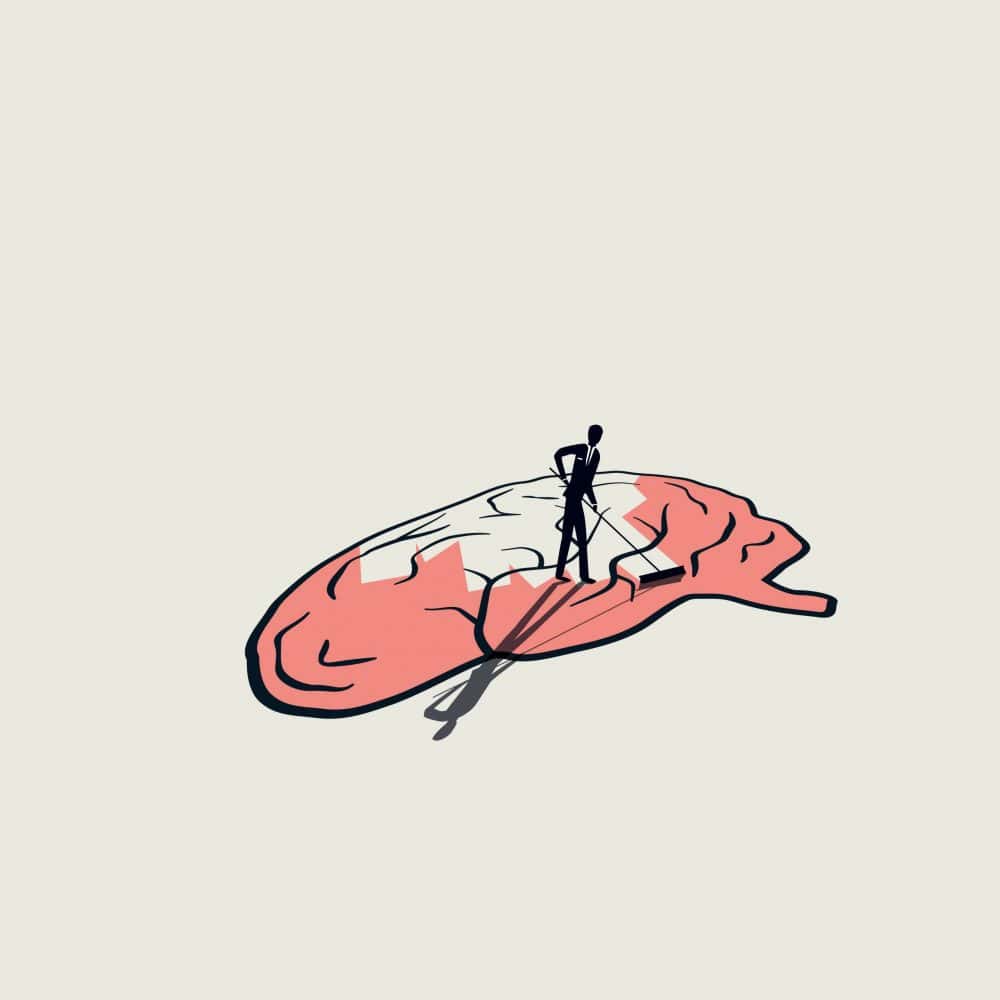Why People Choose Drugs and Alcohol Over Family
Posted on September 25, 2020
by Thaddeus Camlin, PsyD
The aphorism ‘blood is thicker than water’ reminds us to prioritize family. When it appears that people choose drugs and alcohol over family doubt reverberates through the deepest truths of human bonds. We become so focused on how someone could choose drugs and alcohol over family that we miss the bigger question: Why is someone in a position to choose drugs and alcohol over family in the first place? Often, people are issued an ultimatum something to the effect of: “It’s us, or the booze.” Rather than reflecting a corrosive character defect in the so-called “addict,” the answer to why people choose drugs and alcohol over family may instead lie, at least in part, at the hands of those who issued the ultimatum in the first place.
Anyone who ever is...
full story










